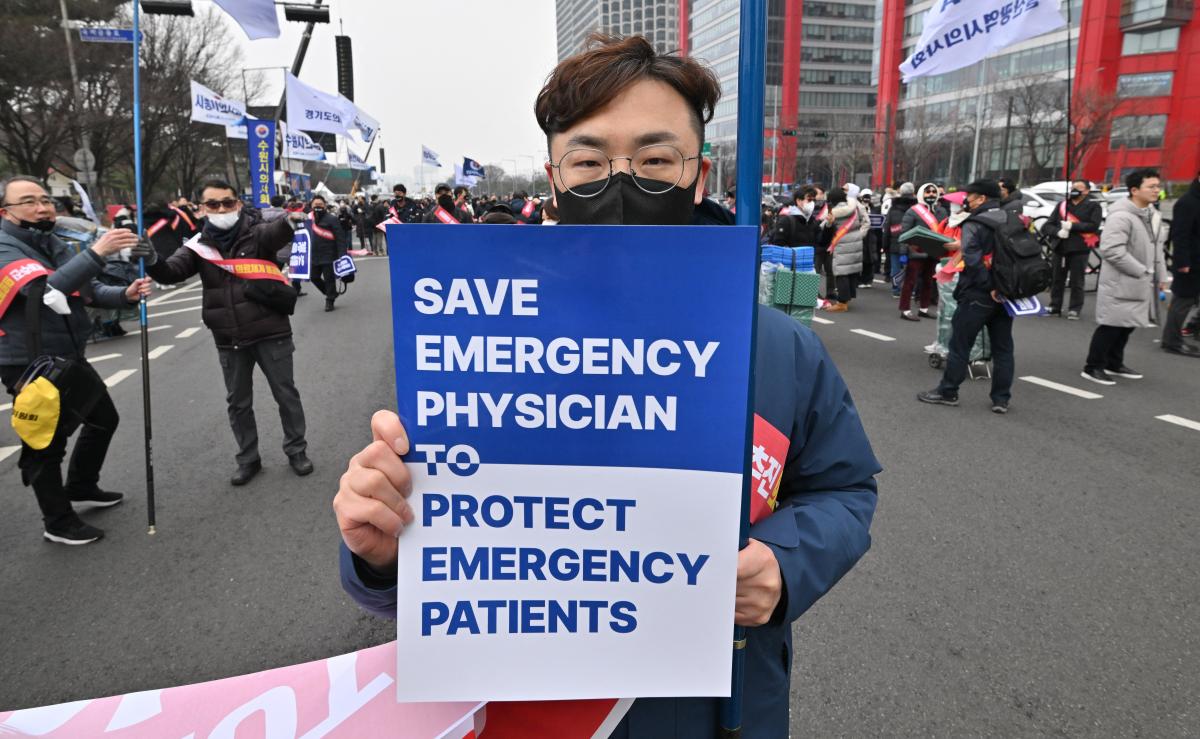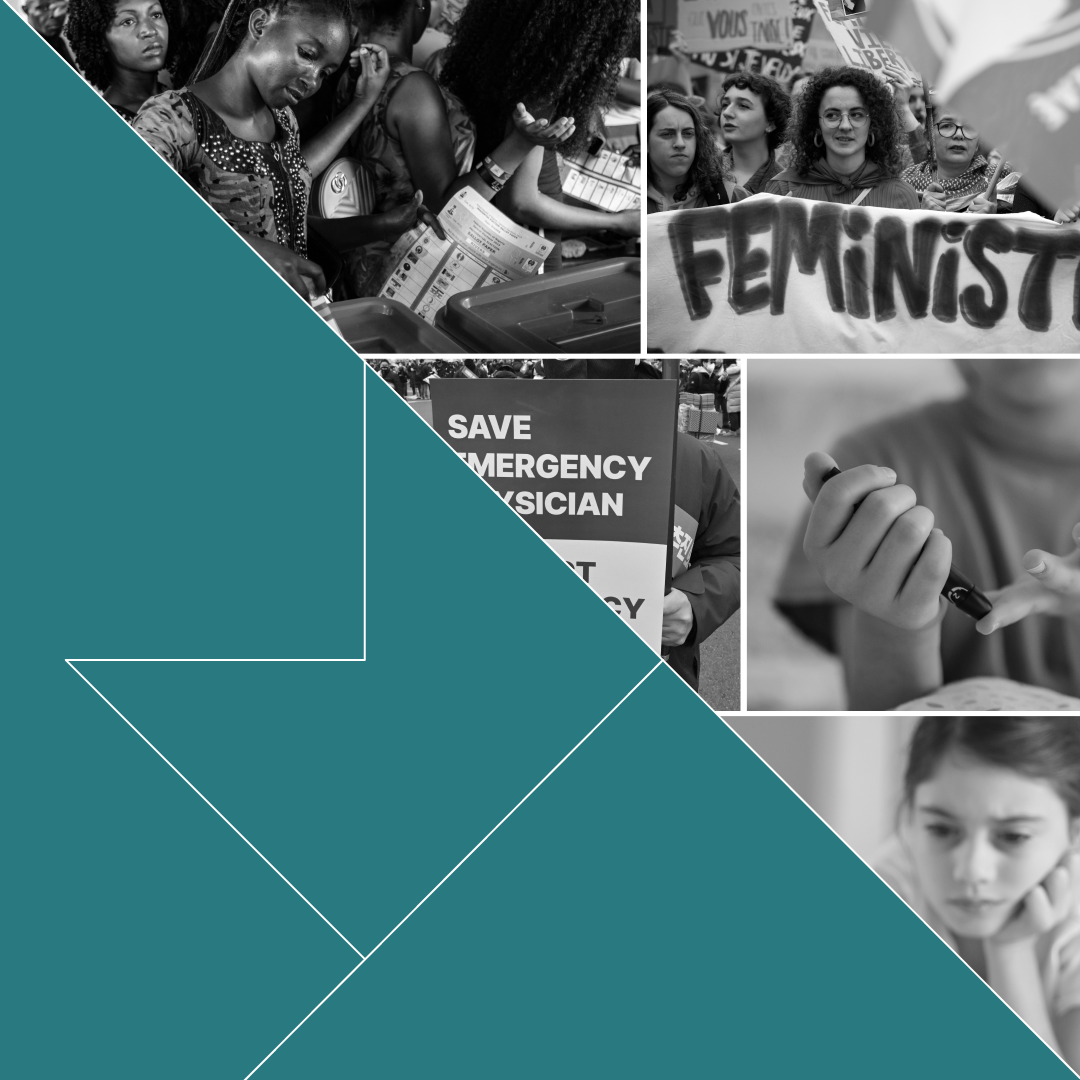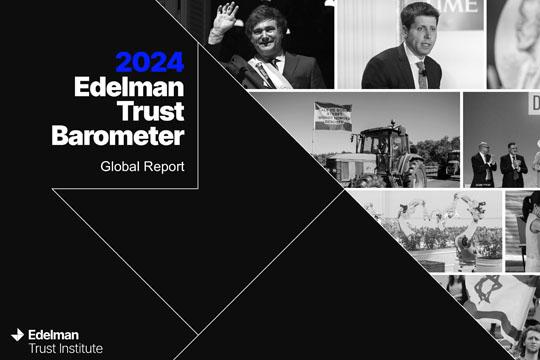- Global (EN)
- Africa (EN)
- Australia (EN)
- Belgium (EN)
- Brasil (PT)
- Canada (EN)
- Canada (FR)
- China (CN)
- France (FR)
- Germany (DE)
- Germany (EN)
- Hong Kong, China (EN)
- India (EN)
- Indonesia (EN)
- Ireland (EN)
- Italy (IT)
- Italy (EN)
- Japan (JP)
- Korea (KR)
- Latin America (ES)
- Malaysia (EN)
- Middle East (EN)
- Netherlands (EN)
- Spain (ES)
- UK (EN)
- Global (EN)
- Africa (EN)
- Australia (EN)
- Belgium (EN)
- Brasil (PT)
- Canada (EN)
- Canada (FR)
- China (CN)
- France (FR)
- Germany (DE)
- Germany (EN)
- Hong Kong, China (EN)
- India (EN)
- Indonesia (EN)
- Ireland (EN)
- Italy (IT)
- Italy (EN)
- Japan (JP)
- Korea (KR)
- Latin America (ES)
- Malaysia (EN)
- Middle East (EN)
- Netherlands (EN)
- Spain (ES)
- UK (EN)
- Misinformation is a critical issue impacting health consumers globally.
- People recognize the severe implications wrong information can have on their health.
- Health organizations can take steps to combat health misinformation and improve consumer health outcomes.
The vital relationship between personal health and the information people have access to has been evident for years. As health expert Dr. David Blumenthal said, “Information is the lifeblood of medicine.”
While he was referring to the powerful connection between heath data and health outcomes, the sentiment works just as well to describe the relationship between misinformation and personal health. It’s a critical issue clearly impacting health consumers worldwide—and they’re feeling the impact.
Healthcare professionals and those of us in health communications have worked diligently to reach people with accurate, science-backed information, particularly coming through the Covid-19 pandemic. While progress has been made, it hasn’t kept up with the increasing anti-science rhetoric that can build into an ongoing stream of misinformation in a person’s content channels. However, we are now seeing a difference—health consumers are recognizing the severe implications wrong information may have on their health: 41 percent of people globally have regretted a health decision based on misinformation.
41% of People Globally Have Regretted a Health Decision Based Off of Misinformation
The Sources Those Respondents Believe are Responsible for That Misinformation
- 23% say product advertising
- 21% say friends and family
- 20% say user-generated content
Digging Deeper into Generational Responses
- 18 to 34 year-olds say the #1 place for misinformation is content creators or influencers without a medical background
- 35-55 year-olds say the #1 place for misinformation is product ad
- 55+ year-olds say the #1 place for misinformation is product ad
Health consumers are recognizing misinformation as a threat to their personal health: 55 percent of people globally are worried about how health misinformation is preventing their ability to take better care of themselves. This puts misinformation closely in line with concerns around cost (62 percent) and access (51 percent) as barriers to better health.

This prevalent threat, combined with declining trust in health organizations and health media reporting, is creating an environment that is threatening societal health overall.

How should health organizations respond now? These five areas to combat health misinformation and improve consumer health outcomes are evident based on our findings:
1. Lead with the science
Amid concerns about politics influencing medical science—we saw a 13 point increase this year—it’s important to clearly call out unhbiased scientific information. There is a critical need for health recommendations and science storytelling shared with a focus on data and references to facts and balanced insights. Putting out claims that are not backed by science will not earn the trust of those who feel they have been previously misled by health misinformation.
2. Respecting beliefs while educating patients
Patients are bringing their beliefs and questions informed by politics into their doctors’ offices, at the pharmacy counter and anywhere they are engaging with health professionals. Those engaged in one-on-one conversations with patients should be trained in communication strategies that advance accurate health information. Our data show providers need to understand how to respond to inaccurate beliefs without dismissing questions, use easy-to-understand language and speak from a point of empathy.
3. Mental health and wellbeing remain key for employers
Health consumers have shifted their opinions on who is responsible for their personal health. For a number of years, they saw business as more responsible for individual health. Today, they now believe their overall health outcomes are their personal responsibility and that of their healthcare provider. While business expectations are shifting, employers should still support employees on work-related health (e.g., mental health and burnout) and share quality health information.
4. Feature trusted healthcare providers in your content—and equip them to fight misinformation
“My doctor” and pharmacists are the most trusted sources of truth on health and how best to protect the health of the public. Trust is local—health consumers are more likely to trust people they know or people they relate to. By highlighting content through provider voices who can bring in personal insights and experiences, organizations can increase trust and build a more personal relationship with stakeholders. This is especially important because we found those who take precautions to avoid being misled are more likely to double-check information with their providers than with search engines.
5. Activate those who are invested in their own health
Thirty-seven percent of our respondents describe themselves as health empowered and have higher relative trust in the healthcare ecosystem—we’ve coined this group the “invested” health consumers. Those who are both empowered and more trusting have better health outcomes and are more likely to vet health information. They are also more likely to advocate for health innovation. Look for ways to tap into this energized group to champion health causes and support health guidelines. Equip them to create their own content and share quality information with their friends, family and followers.
Our health information crisis will be overcome by rebuilding trust in global institutions. Trust is key to better health outcomes, but we cannot get there without first making people confident in the information they’re receiving.
Courtney Gray Haupt is Global COO, Health and US Health.





